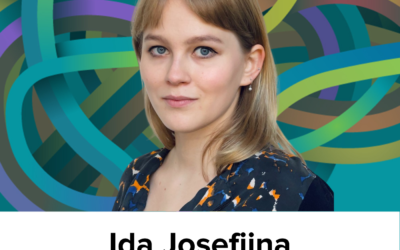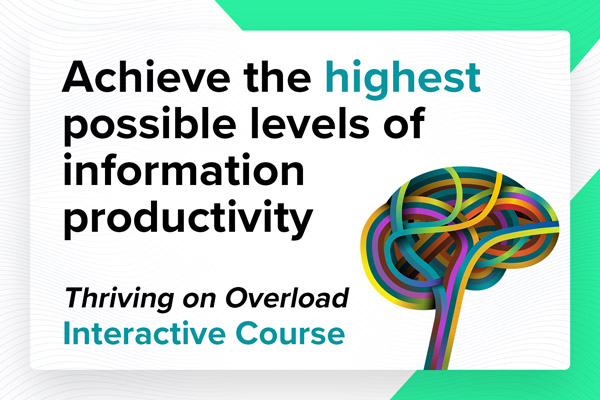Thriving on Overload Podcast
Ross Dawson speaks with some of the world’s most inspiring ‘information masters’ about their practices and lessons on how to transform unlimited information into insight, foresight, and better decisions.
Harold Jarche on personal knowledge mastery, the Seek, Sense, and Share framework; networked learning, and finding different perspectives [REPOST] (Ep67)
Harold Jarche has been an independent consultant for almost two decades, working with individuals, organizations, and public policy influencers to to improve collaboration, knowledge sharing, and sensemaking. He is author of the Seeking Perpetual Beta ebook series and has been running the very popular Personal Knowledge Mastery online workshop for many years.
Leslie Shannon on finding nuggets, storytelling for synthesis, the five Fs of sensemaking, and visual filing [REPOST] (Ep66)
Leslie Shannon is the Head of Ecosystem and Trend Scouting for Nokia, based in Silicon Valley. Her work involves examining new technologies and how they will converge in this decade. She was also a five-time undefeated winner on the US game show Jeopardy! and racked up many successes on Who Wants to be a Millionaire?
Jerry Michalski on collecting, connecting, and curating two decades worth of information [REPOST] (Ep65)
Jerry Michalski was the long time managing editor of Esther Dyson’s Release 1.0 newsletter. He is now the leader at the Relation Economy Expedition (REX) as well as an advisor facilitator and speaker at the Institute For The Future with a deep focus on trust and relationships.
Elizabeth Gould on feeling forwards, finding your golden thread, aims to behaviors, and your Inner justification (Ep64)
There’s a concept I use, called the Golden Thread, if you look back over the decisions you made, even as a child, did you come to play outside or did you stay inside and read a book, really basic stuff. If you join all the things that you chose to do, you do see a golden thread weaving through your life, once you find that, it’s much easier to make a decision on what my purpose is or what my aim could be. If it changes, there’s not that same sense of failure as if you haven’t reached a goal.
Bill Birchard on 8 lessons on writing for impact, clarifying thinking, better comprehension, and the power of surprise (Ep63)
In the book, I have a lot of different techniques that if you use them, you are going to transform these buckets of information that you’re taking in, what I like to think of as a bucket full of scrap lead and transmuted into gold nuggets. There are a bunch of different techniques, and I use these all the time with clients that I work with on books.
Jens Monsees on automotive decision-making, starting with goals, strategic listening, and openness to challenges (Ep62)
A tool that I would love to exist right now is something where I could put in all the sources that I would like to keep up to date with, and every time they create something new, let’s say, it’s a blog, every time there’s a new blog or a new podcast, or if it’s a Twitter personality, their Twitter threads, or whatever, if I had an automatic AI summary generated, and I had a feed of summaries that I could then say, ‘Oh, actually, that’s very interesting. I’m going to go and dive further into that’.
Rachel Happe on metacognition, communities of practice, personal knowledge networks, and intrinsic learning (Ep61)
A lot of people don’t have a lot of metacognition. They really feel the way they think about things is the way everybody thinks about things because they’re in their own heads; so getting metacognition is a little harder than just knowing what it is. Because that means you can instinctively understand that when you use a word, the person that’s listening to you may not have the same experience of that word, or be coming from a different context or different power position or different anything. They might be coming from a different event that totally stressed them out as you’re having a conversation.
Nir Eyal on using your values to filter, when to consume information, the best apps for content, and using audio for reading [REPOST] (Ep60)
Nir Eyal writes, consults, and teaches about the intersection of psychology, technology, and business. He is the author of two bestselling books, Hooked: has sold over a quarter of a million copies and heavily influenced the tech industry and Indistractable which has been named best business book of the year, among other accolades.
Roger Spitz on the future of strategic decision-making, thriving on disruption, resilient systems and thinking, and beginner’s mind (Ep59)
When I think about the future of decision-making, I think more about what humans need to do the upgrade their capabilities into the context of Tech Existentialism, where we don’t have exclusivity to decision-making, where we’re de-skilling, by delegating authority to machines, and where those machines are moving up the value chain and learning every day.
Sam Barton on using PKM tools well, AI knowledge graphs, digital gardens, and decentralized identity for truth (Ep58)
A tool that I would love to exist right now is something where I could put in all the sources that I would like to keep up to date with, and every time they create something new, let’s say, it’s a blog, every time there’s a new blog or a new podcast, or if it’s a Twitter personality, their Twitter threads, or whatever, if I had an automatic AI summary generated, and I had a feed of summaries that I could then say, ‘Oh, actually, that’s very interesting. I’m going to go and dive further into that’.
Cathy Hackl on finding the key players to listen to, building mental maps, how to see connections, and becoming a voice in your industry [REPOST] (Ep57)
Cathy Hackl is a leading tech futurist and globally recognized business leader specializing in augmented reality (AR), virtual reality (VR), & spatial computing. She is the CEO of Futures Intelligence Group, a futures research & consulting firm that works with clients in tech, fashion, media, government, and defense.
Ida Josefiina on infopunk, infinite knowledge graphs, spatial interfaces, and the shapes of knowledge (Ep56)
My approach to trying to solve the problem is going more toward the indirect ways of contributing to collective intelligence, which I think has a lot to do with just curiosity and creating opportunities and space for people to play with ideas and to fall down interesting rabbit holes, and to feel like they have avenues for self-expression, and that they have something to say that matters.
Ross Dawson
Futurist, keynote speaker, author and host of Thriving on Overload.
Discover his blog, other books, frameworks, futurist resources and more.




![Harold Jarche on personal knowledge mastery, the Seek, Sense, and Share framework; networked learning, and finding different perspectives [REPOST] (Ep67)](https://thrivingonoverload.com/wp-content/uploads/2022/04/Thriving-Jarche-500-400x250.jpg)
![Leslie Shannon on finding nuggets, storytelling for synthesis, the five Fs of sensemaking, and visual filing [REPOST] (Ep66)](https://thrivingonoverload.com/wp-content/uploads/2022/04/Thriving-Shannon-500-400x250.jpg)
![Jerry Michalski on collecting, connecting, and curating two decades worth of information [REPOST] (Ep65)](https://thrivingonoverload.com/wp-content/uploads/2022/01/ToO-Featured-Image-template-400x250.jpg)
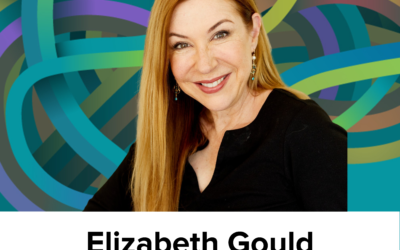
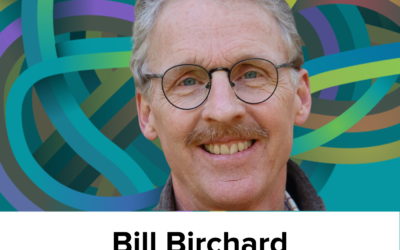
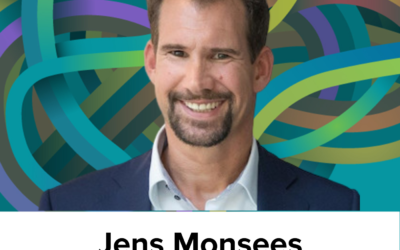
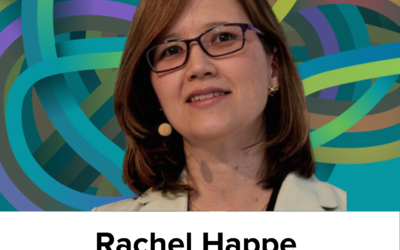
![Nir Eyal on using your values to filter, when to consume information, the best apps for content, and using audio for reading [REPOST] (Ep60)](https://thrivingonoverload.com/wp-content/uploads/2022/04/Thriving-Eyal-500-400x250.jpg)
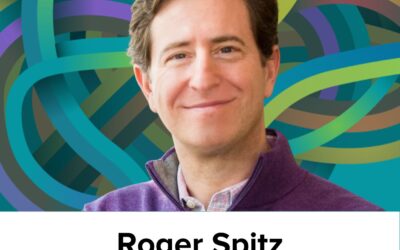
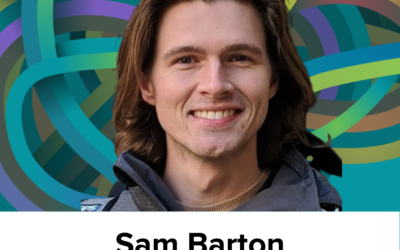
![Cathy Hackl on finding the key players to listen to, building mental maps, how to see connections, and becoming a voice in your industry [REPOST] (Ep57)](https://thrivingonoverload.com/wp-content/uploads/2022/04/Thriving-Hackl-500-400x250.jpg)
